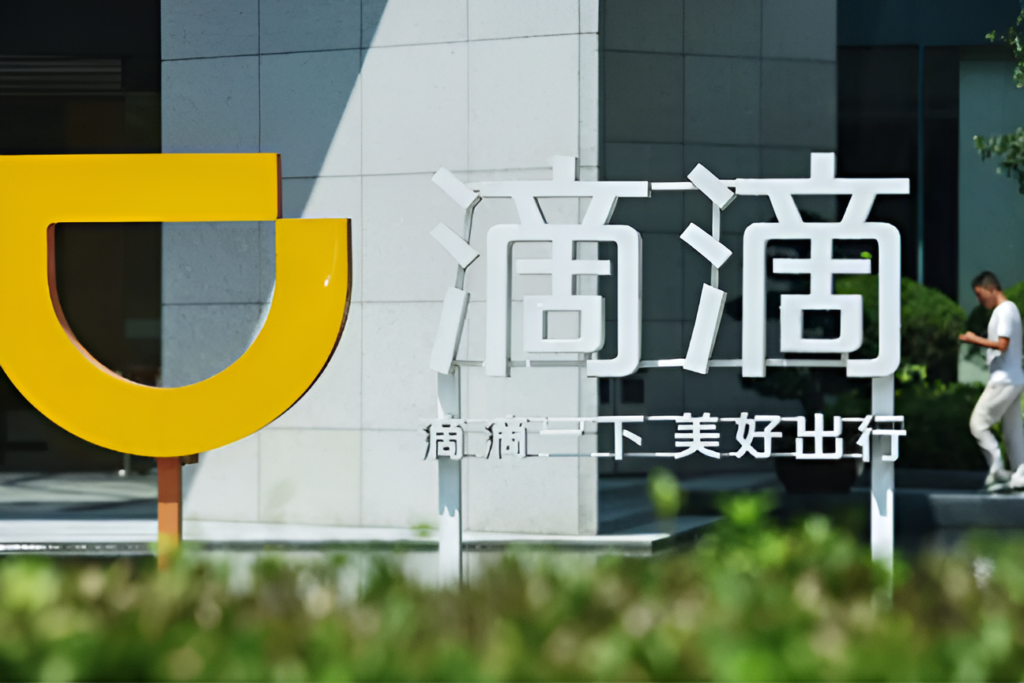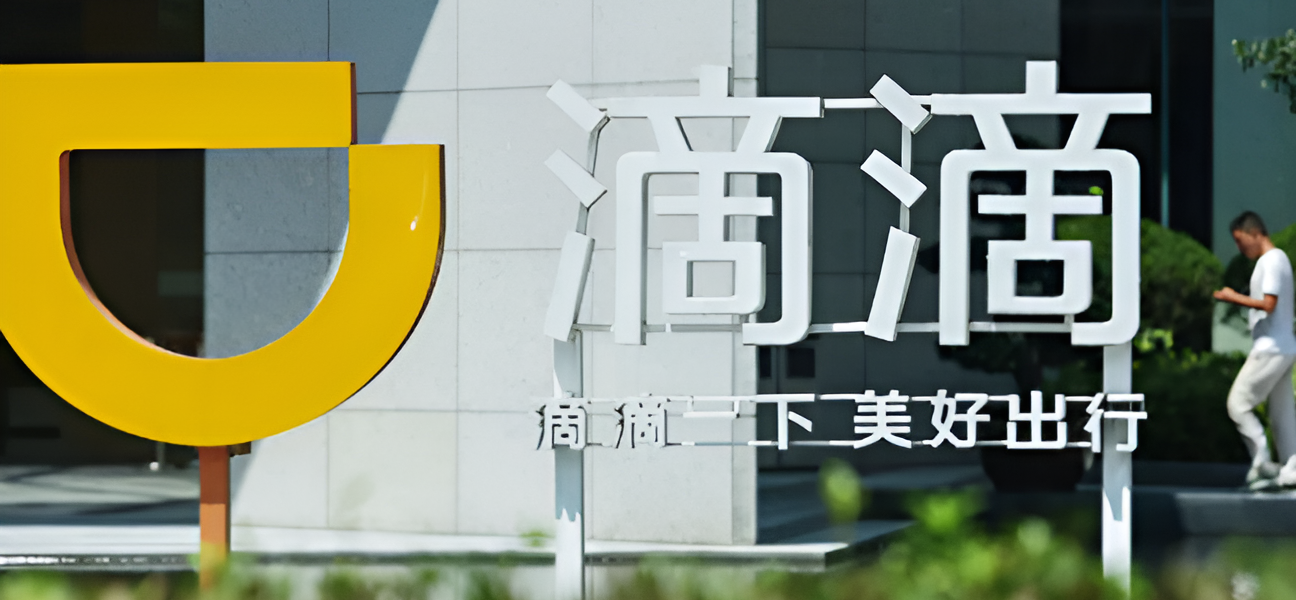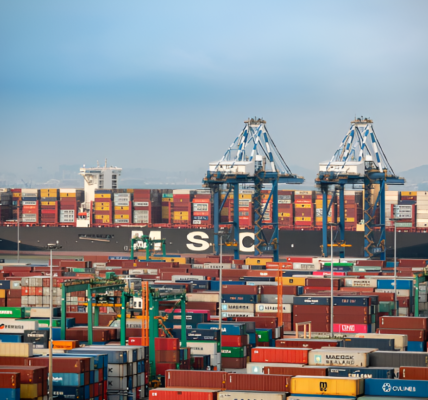Beijing’s Proposal to Take Control of Didi Global: A Strategic Move in the Digital Landscape

In a dramatic turn of events, Beijing’s municipal government has proposed a significant investment in Didi Global Inc., potentially giving state-run companies control of the world’s largest ride-hailing company. According to sources familiar with the discussions, the government is considering an acquisition involving Shouqi Group, a subsidiary of the influential Beijing Tourism Group, alongside other local firms. The proposal under review suggests the creation of a “golden share” structure, granting the consortium veto power and a seat on Didi’s board.
This investment comes at a pivotal moment for Didi, whose shares saw an initial surge of 8% in pre-market trading, only to settle around a 3% increase. However, the details of the deal—specifically the size of the stake and whether the proposal will receive the green light from senior officials—remain unclear.
Didi, currently under the control of its management team led by co-founder Cheng Wei and President Jean Liu, faces increasing scrutiny from Chinese regulators. Its major stakeholders include SoftBank Group Corp. and Uber Technologies Inc. Despite the backing of international investors, Didi has been embroiled in ongoing regulatory issues, particularly regarding its data security practices and its treatment of millions of drivers.
The proposed state involvement in Didi is reflective of Beijing’s broader strategy to regain control over its tech giants. Under the leadership of President Xi Jinping, the Chinese government has pushed for the redistribution of wealth and a crackdown on the influence of internet companies. This move aligns with Xi’s vision of “common prosperity,” a policy aimed at curbing the power of China’s digital giants and ensuring that wealth is more equitably distributed across society.
The envisioned restructuring of Didi could involve a joint venture with state-backed firms overseeing the company’s vast data troves. Data, especially from millions of daily users, is seen as crucial to China’s economic and social stability. As such, the government is contemplating strict measures to ensure that key data is either handed over to third parties or closely regulated by state entities.
Shouqi Group, which operates its own ride-hailing service, Shouqi Yueche, could play a significant role in Didi’s future operations. With over 100 million users nationwide, Shouqi’s integration into Didi would represent a shift in the competitive dynamics of China’s ride-hailing industry.
The Beijing government’s proposal is expected to include hefty penalties for Didi, ranging from fines to the suspension of certain operations. Additionally, a forced delisting from U.S. stock exchanges or even a full privatization of Didi could be on the table, should the central government approve the plan.
This proposal comes in the wake of a regulatory crackdown that has affected not only Didi but also other Chinese tech giants like Alibaba and Ant Group. Since Didi’s controversial IPO in June 2021, which was launched despite opposition from the Cyberspace Administration of China (CAC), the company has faced multiple regulatory probes. These investigations have focused on Didi’s data security and operational practices, particularly after incidents such as two murders linked to the platform triggered public outrage.
Didi’s saga has become a case study in the Chinese government’s ongoing effort to curb the influence of its tech sector. The state’s focus on controlling the flow of data and reasserting control over major corporations is consistent with Xi Jinping’s broader objectives of reducing the dominance of internet firms that have become too powerful and often operate on the fringes of the law.
In recent months, the government has also clamped down on issues ranging from data privacy to unfair competition, affecting other tech behemoths like Meituan and ByteDance. For Didi, this intensifying regulatory scrutiny has wiped out a third of its market value since its initial public offering, making it a symbol of the shifting balance between China’s thriving tech industry and the state’s growing influence.
As Beijing pushes for greater oversight of its digital economy, the fate of Didi and its rivals will likely have lasting implications for China’s broader tech landscape. Investors are left grappling with the uncertain future of one of China’s most prominent internet companies, while the government continues its mission to rein in the power of tech titans and ensure that corporate giants adhere to national interests.





